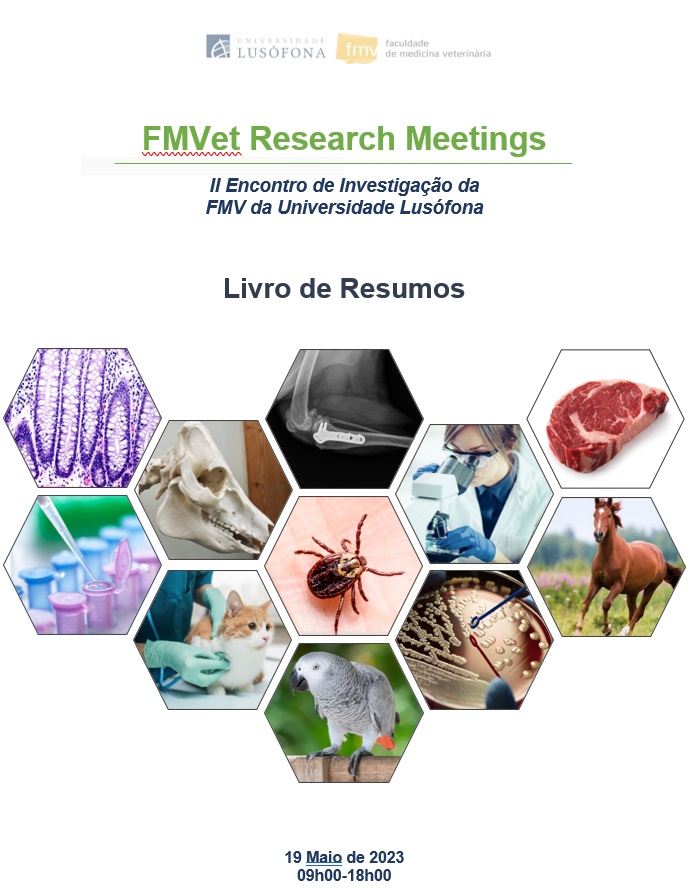Potential health benefits of cardoon in cheese production
Resumo
Objectives: Cardoon thistle (Cynara cardunculus) is frequently used as a coagulant in Portuguese cheese production in a water-based extract called thistle-rennet, particularly in the region of Serpa in Alentejo, Serra da Estrela and Azeitão. The goal of this study was to test the potential bioactivity of cardoon and thistle-rennet, specifically against foodborne pathogens, MMP-9 (matrix metalloprotease 9) and endoprotease, which has for long been recognized as playing important roles in inflammation and cancer.
Materials and Methods: The Cardoon was collected from a cheese factory in Serpa as dry plant and flowers, and the thistle-rennet was prepared according to the manufacturer’s instructions. The thistle-rennet was used for the bioactivity tests using Escherichia coli for the antibacterial activities and a fluorometric assay and reverse and a standard gelatin zymography for the MMP-9 inhibitory effects.
Results: The thistle-rennet was found to have a dose dependent effect on reducing E. coli growth as well as presented MMP-9 inhibitory activity, suggesting a strong potential antibacterial and anti-inflammatory activity.
Conclusion: Our results open promising perspectives for traditional cheese industries in Portugal and overall food safety and health. Considering cardoon is frequently used in the cheese industry and is completely GRAS (generally accepted as safe), this could be of great importance not only as an added value to the cheese industry but also as a functional food for human health purposes.
Keywords: Cardoon; antibacterial activity; anti-inflammatory activity; Portuguese DOP cheese; Thistle-rennet.
Financing: This work wassupported by a project (Cardoon) funded by FMV-Ulusófona.


